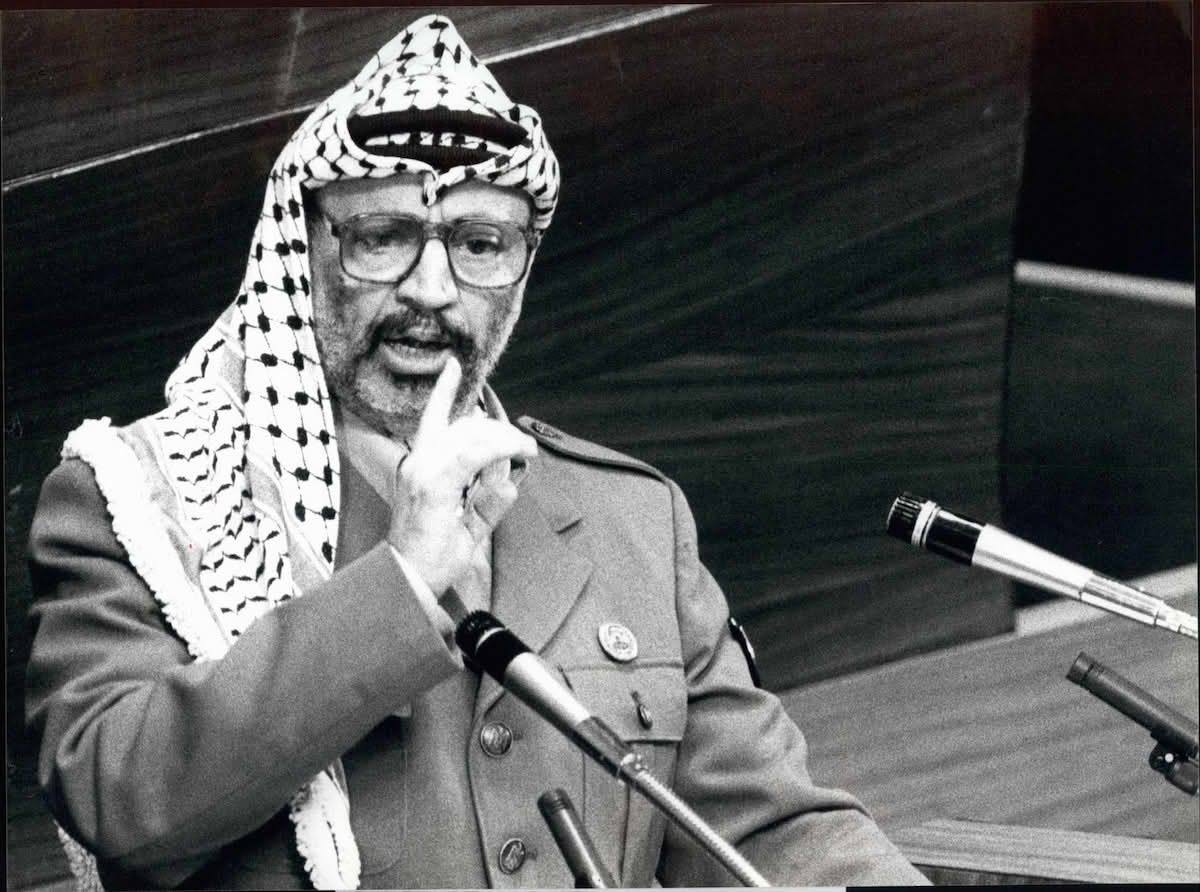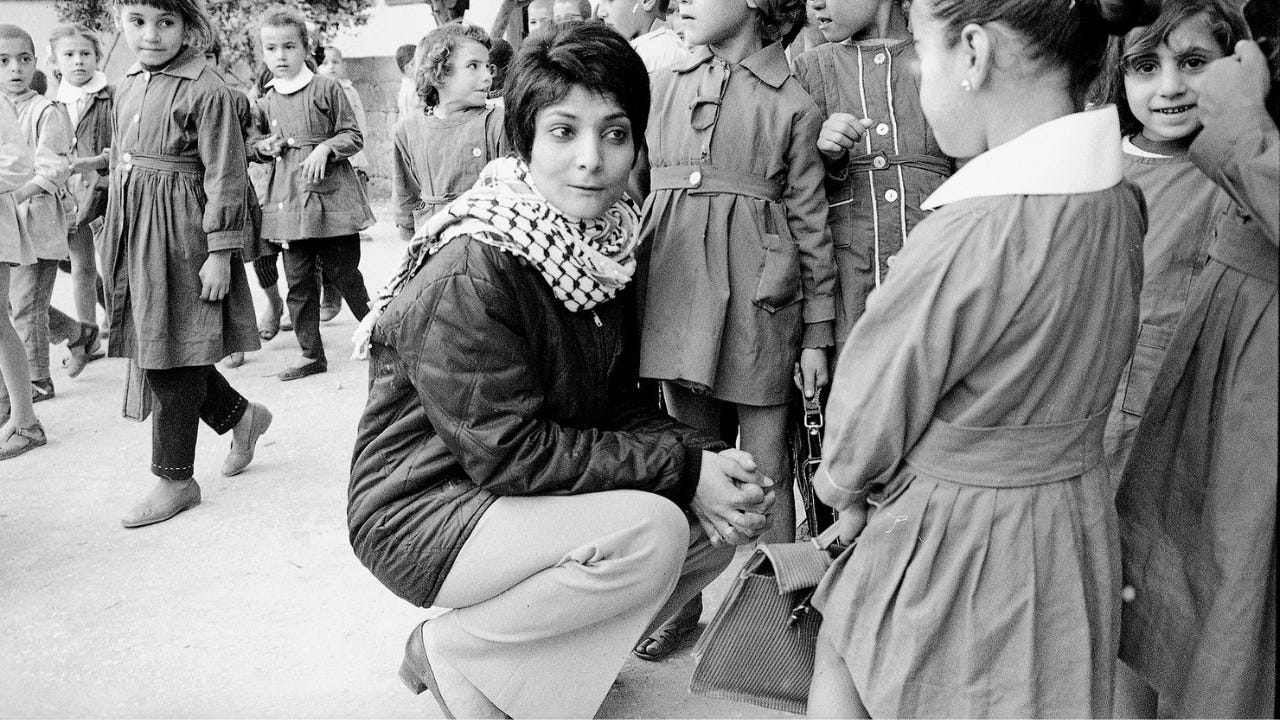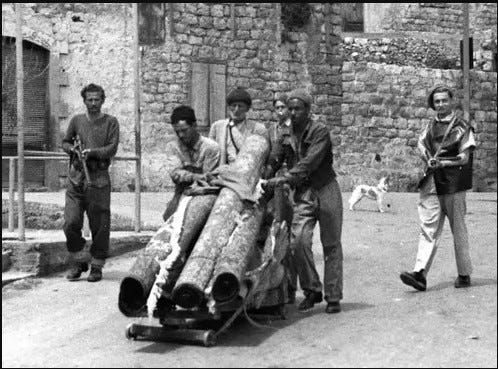Rise of the Palestinians
From 1967 to 1973, Palestinians stepped onto the world stage
The years between the 1967 Six-Day War and the 1973 Yom Kippur War were a crucial turning point for the Palestinian people. After the defeat of the Arab armies and the occupation of Palestinian lands like the West Bank and Gaza, many Palestinians understood that they could no longer depend on others to fight for their rights. This was the time when the Palestinian struggle grew stronger and more determined.
During these years, organisations such as the Palestine Liberation Organization (PLO) and groups like Fatah and the Popular Front for the Liberation of Palestine (PFLP) became more active and well-known. Yassir Arafat emerged as a key leader during this time, guiding the PLO and becoming the symbol of Palestinian resistance and hope for many. These groups wanted the world to notice the Palestinian cause and used bold, often violent actions to do so.
One common tactic was hijacking planes, which shocked the world and forced attention on the Palestinians’ demands. In 1970, the “Black September” group hijacked several airplanes and brought them to Dawson’s Field in Jordan. This event led to a deadly conflict between Palestinian fighters and the Jordanian government.
The most famous moment came in 1972 at the Munich Olympic Games, where Black September militants attacked the Israeli team, killing 11 athletes. This shocked the world and showed how desperate Palestinians had become to make their voices heard.
In response, Israel began targeting Palestinian leaders in a series of assassinations, creating a cycle of violence that made peace even harder to reach.
The years between these two wars were not just a time of conflict. They marked the rise of a strong and determined Palestinian identity. It was a time when Palestinians took their fight onto the global stage, making clear that their struggle for justice and freedom would not be ignored.
All articles on Diaspora Dialogue are free to read for one year from publication. If you’ve enjoyed this piece and would like to support my work, you can do so by subscribing, or by buying me a coffee. Thank you for reading and being part of the dialogue!





